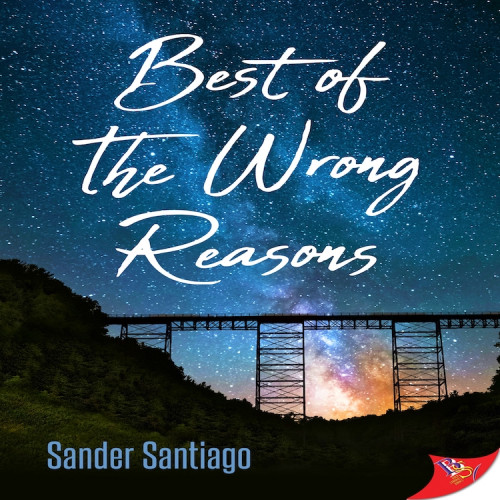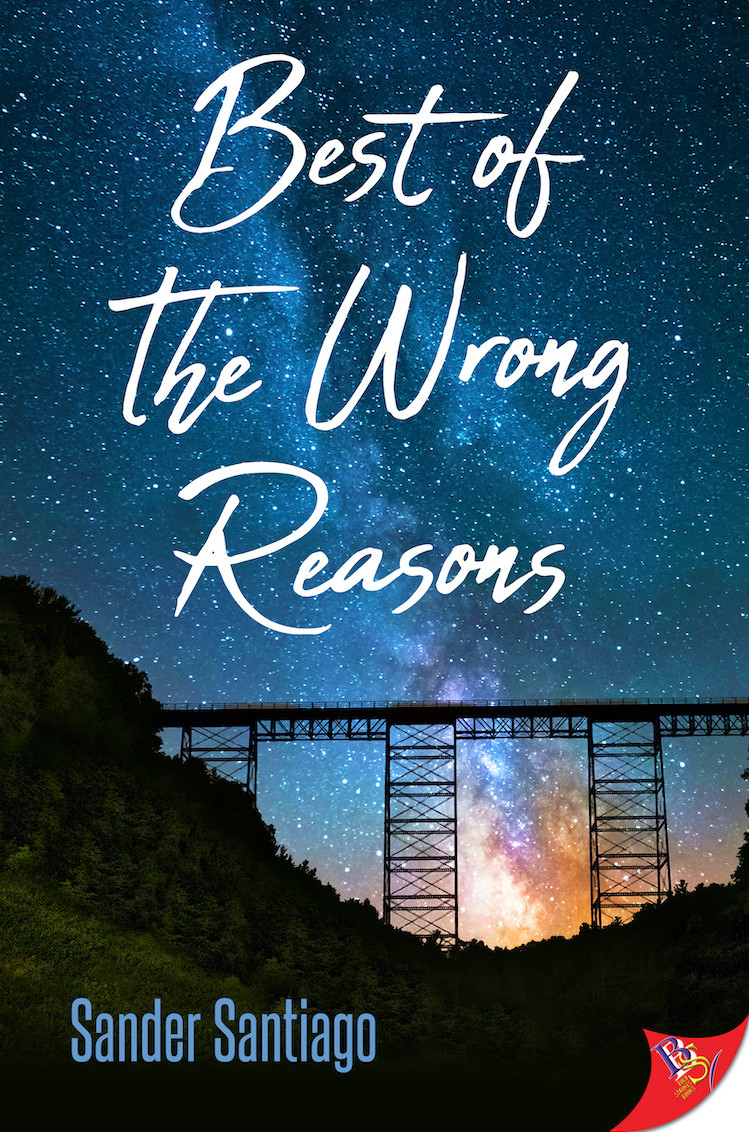Sander Santiago blogs:
It can be hard to let go of what you think you know about someone. That’s the whole point of getting to know someone right? Coming to see, recognize, and understand someone well enough to know them creates the false sense of being able to predict their behavior, and in turn able to predict your relationship with them.
I have known one of my best friends, who also happens to be a cousin, my whole life, and I can say without a shadow of a doubt that she will be late. It doesn’t matter what you invite her to, if she shows up at all, she will not be on time. And not by a few minutes, but hours at a minimum. I know her. Yet she managed to surprise me once by being on time to a holiday gathering at my sister’s house. I had the sudden and irrational feeling that she was a total stranger.
Somehow, after over thirty years, I had the one thing I knew to be true about her challenged. Maybe she was working on it? Maybe she was becoming a different person? Maybe…
There is often more potential for what we think we know to be proven wrong than people realize. I think the reason we are so ready to let what we know be the be-all and end-all is because it makes the future with that person less scary and less full of work. Learning something knew has the potential to change the nature of the relationship.
The tension between knowing and learning something new is one of the reasons I love second-chance romances. In most of these stories, even in my novel Best of the Wrong Reasons, what the character knows is that their love interest hurt them. There was a betrayal or a broken promise, or in the case of Fin, one of my protagonists, there was rejection. And because of this hurt, characters often drive themselves and their potential love interests crazy by predicting and acting on hurt they expect to come because it happened before.
That’s the magic of second-chance romances. I love reading about a character who has to challenge what they think they know about someone in order to see who they are now. I think it portrays themes like forgiveness and compromise as something generous, like a gift to both parties. Characters like Fin have to find a way to see the work their potential love interest has done to be different or better. But interestingly, they also have to forgive themselves. I feel like people and characters are often willing to take on being hurt as a sign of weakness—it’s as if they skip over Fool me once, shame on you, to Fool me at all, shame on me. They have to be willing to break down their walls to see someone in a new light too.
As someone who has made a lot of mistakes in relationships, I can definitely put myself in the potential love interest’s shoes. Fortunately for Best of the Wrong Reasons, Orion is pretty good at reflecting on his faults. I feel like most people and characters are eager to demonstrate their personal growth, and it’s heartwarming when the people they love give them the chance to do so.
The best part, though, is when these things come together—when the work of forgiving, being vulnerable, and relearning what you thought you knew ultimately makes way for the most important theme in a romance: LOVE.
And in case you were wondering, my best friend really thought the party started an hour earlier than it did. So…it’s not always growth, but the potential is there.
Enjoy your reads,
San


